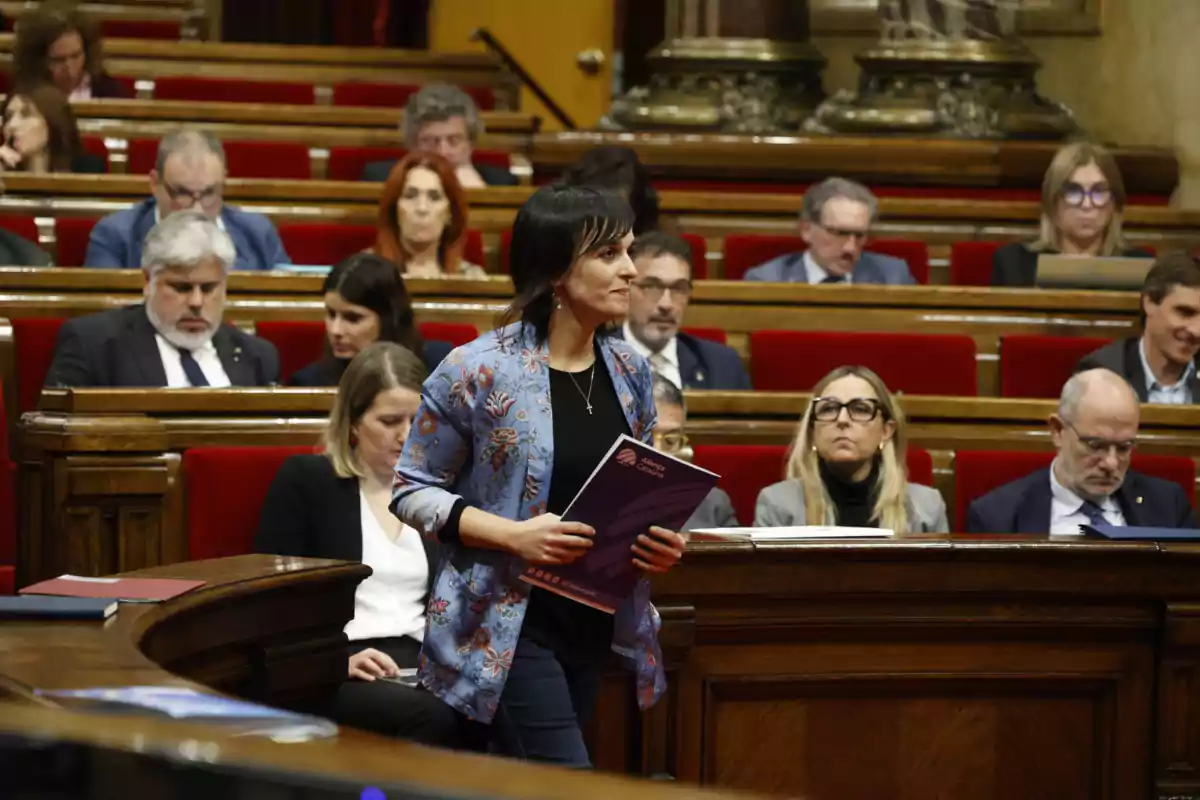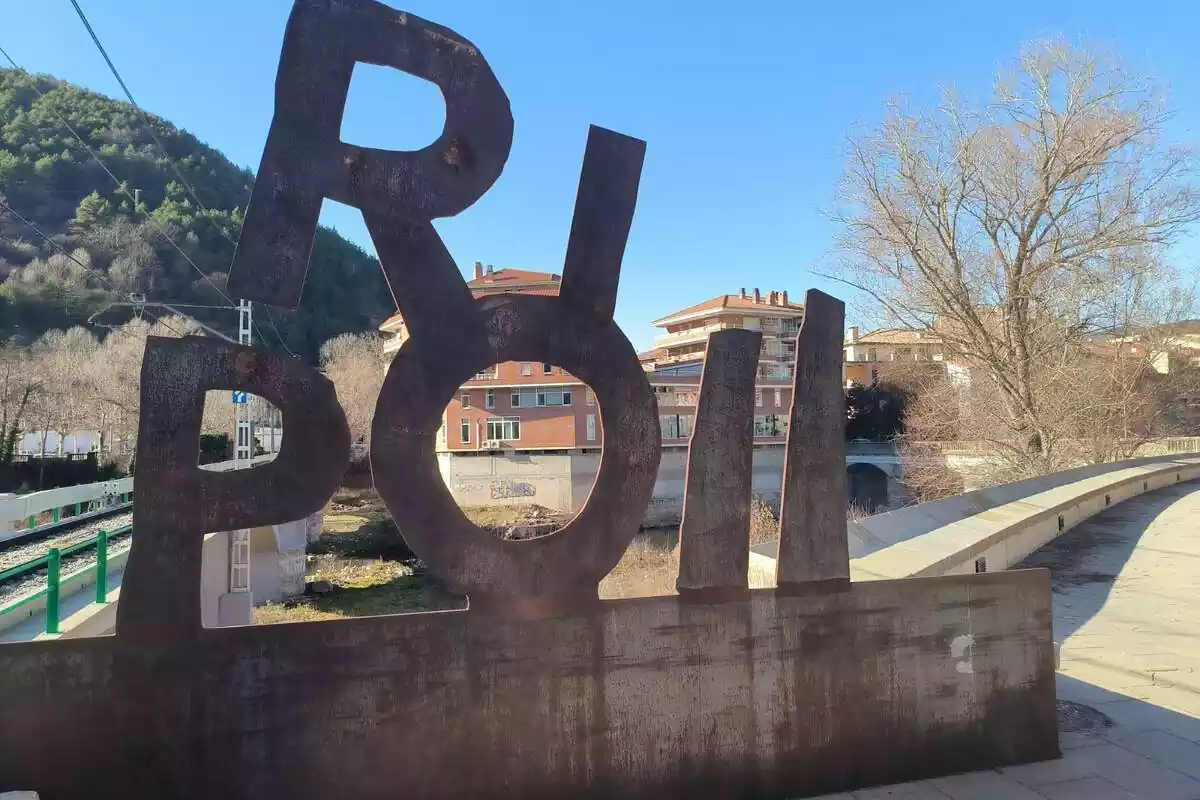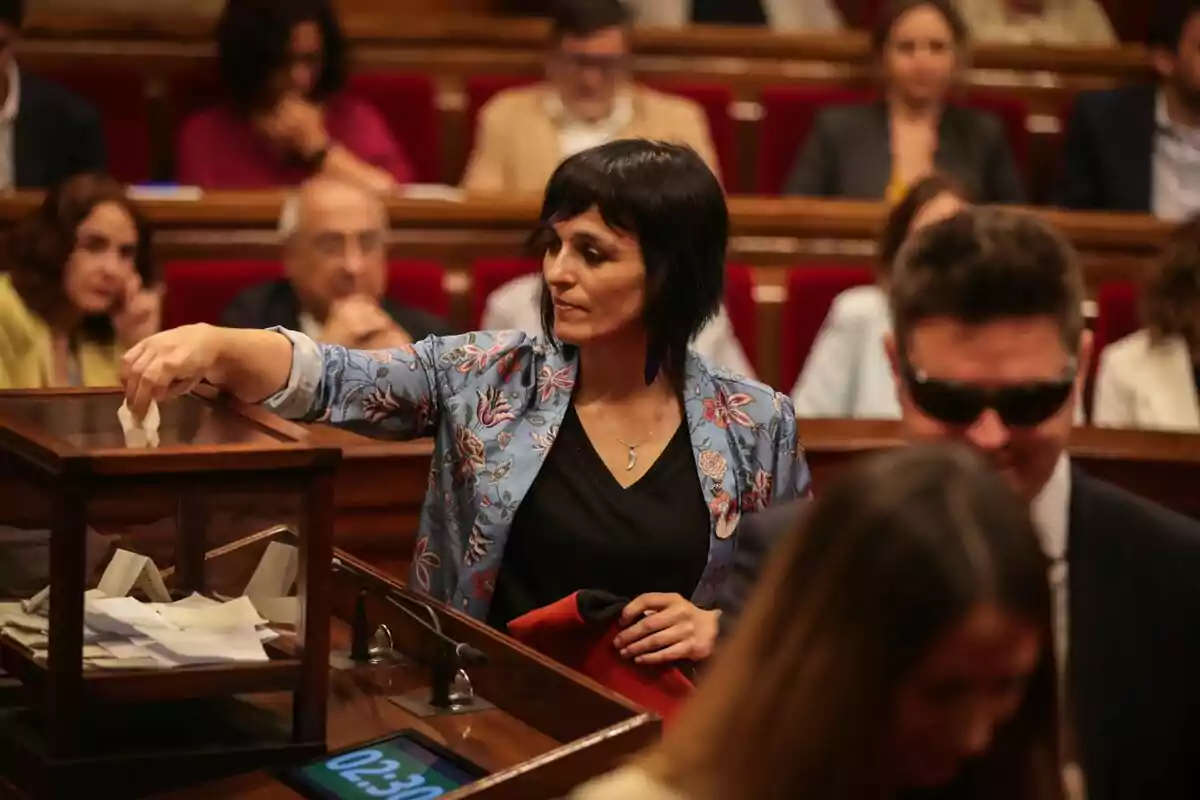
One year of 'Orriols Effect': Parliament boosts Aliança Catalana
AC is Catalonia's share of the identity winds now blowing across Europe
A year ago, the regional elections in Catalonia marked a significant change in regional politics. Aliança Catalana, the party of Sílvia Orriols, has been a key player in this shift. In just 12 months, the party has experienced rapid growth while facing strong opposition from the Catalan political system.
Ultimately, the "Orriols effect" reflects social unrest and concern over unsolved issues. In this sense, Aliança Catalana doesn't represent anything original in Europe or Spain; on the contrary, Catalonia has taken quite a while to have its share of identity. What is particular about Catalonia is that identitarianism has a secessionist drive.

In this sense, AC has taken advantage of the discontent of many independents who, after more than a decade of failures, are seeking more forceful options. The frustration over the fraud of the procés has been a key driver of its rise. Orriols and her team have positioned themselves as an alternative to an independence movement that hasn't achieved its goals and has also neglected important issues, such as immigration.
Meanwhile, the rise of Aliança Catalana also responds to the lack of solutions to pressing social problems. For years, the indepes parties have focused on the procés and ignored issues like insecurity or the collapse of public services. Evidently, the tension over migratory flows has contributed to this discontent, creating an ideal breeding ground for Orriols's discourse.

The electoral orography of AC
For now, Aliança Catalana has expanded its base in rural areas with a high nationalist sentiment. It is worth noting that one of the objectives of Orriols's team, with Jordi Aragonès and Oriol Gès as prominent voices, is to strengthen the party's organic growth. The essential goal is to gain strength in both rural and urban areas ahead of the upcoming elections, which will be municipal and regional.
One of Aliança Catalana's greatest achievements so far is its electoral growth, as reflected in the latest survey by the Centre d’Estudis d’Opinió (CEO), which projects up to 10 deputies for Orriols's party. This rise is largely due to the springboard that Parliament has provided, as well as media coverage. Parallel to this, the procés parties still haven't given the impression of a real renewal, starting with the fact that they have the same leaders.

On one hand, Junts appears as a party trapped in its own ideological autism, without a clear political line and a leader nullified by its pacts with the PSOE. On the other hand, ERC has pinned its hopes on the PSC and on achieving certain merits for the nationalist electorate (singular financing or the transfer of Rodalies, for example).
This anniversary of 12M, in short, has marked the beginning of a new political stage in Catalonia, characterized by greater polarization. Aliança Catalana has managed to capture the discontent of those who feel disappointed by the procés and its catalog of unsolved problems. The big question is who will remain standing from this fragmentation among the independence parties.
More posts: